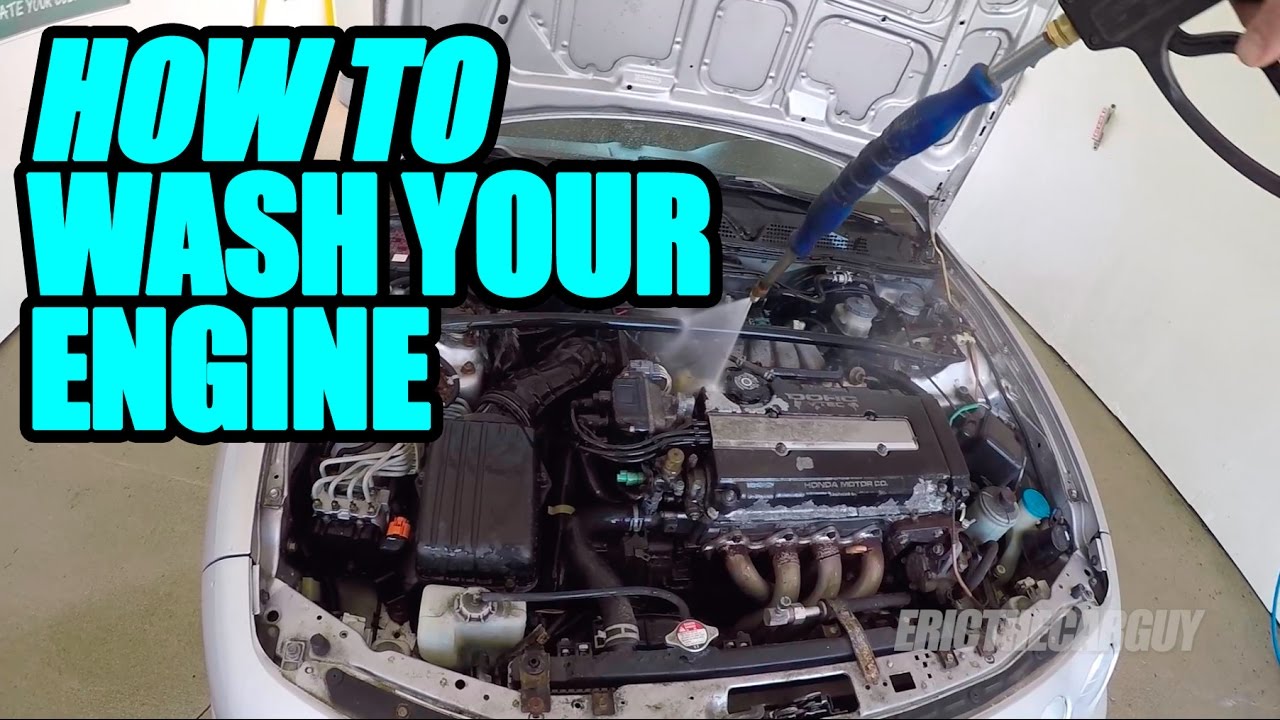Can We Wash Engine of Car?
Introduction
Maintaining a clean engine is crucial for the optimal performance and longevity of your car. However, washing an engine can be a daunting task, as there are many delicate components that can be easily damaged if not handled properly. This article will provide a comprehensive guide on whether or not you can wash your car’s engine, along with tips and precautions to ensure a safe and effective cleaning process.
Benefits of Washing Your Engine
Washing your engine offers several benefits, including:
- Improved engine performance: A clean engine operates more efficiently, reducing friction and maximizing power output.
- Extended engine life: Removing dirt, grime, and oil buildup helps prevent corrosion and premature wear, extending the life of your engine.
- Easier troubleshooting: A clean engine makes it easier to spot potential problems, such as leaks or loose connections, during routine inspections.
- Enhanced appearance: A clean engine improves the overall aesthetic of your car, particularly in the engine bay.
Precautions Before Washing Your Engine
Before washing your engine, it’s essential to take the following precautions:
- Let the engine cool completely: Allow the engine to cool for at least an hour after driving to avoid steam or hot water from damaging sensitive components.
- Disconnect the battery: Remove the negative terminal from the battery to prevent electrical shorts or damage.
- Cover sensitive components: Protect critical components, such as the alternator, distributor, and electrical connectors, with plastic bags or aluminum foil.
- Use a biodegradable cleaner: Choose a cleaner specifically designed for engine washing that is biodegradable and won’t harm the environment.
Step-by-Step Engine Washing Process
- Apply the engine cleaner: Spray the cleaner liberally over the engine, avoiding sensitive components. Allow it to soak for a few minutes to loosen dirt and grime.
- Use a soft brush: Gently scrub the engine using a soft-bristled brush to remove stubborn dirt and buildup. Focus on areas with heavy accumulations.
- Rinse thoroughly: Use a garden hose with a gentle spray nozzle to rinse off the cleaner and loosened dirt. Rinse until the water runs clear.
- Dry the engine: Use clean towels or compressed air to dry the engine thoroughly. Remove any excess water to prevent corrosion.
- Reconnect the battery: Reconnect the negative battery terminal to restore power to the engine.
Tips for Safe and Effective Engine Washing
- Avoid high-pressure washers: High-pressure water can damage electrical components and force water into sensitive areas.
- Use a degreaser sparingly: Degreasers can be harsh on certain engine components. Use them only on heavily soiled areas.
- Don’t wash the engine too often: Excessive engine washing can remove protective coatings and lead to premature wear.
- Consider professional cleaning: If you’re not comfortable washing the engine yourself, consider seeking professional detailing services for thorough and safe cleaning.
Conclusion
Washing your car’s engine can provide numerous benefits for its performance and longevity. By following the precautions, using the right cleaning products, and adopting a careful approach, you can safely wash your engine and maintain its optimal condition. Remember to consult an experienced mechanic if you have any doubts or concerns, and enjoy the satisfaction of a clean and well-maintained engine!





